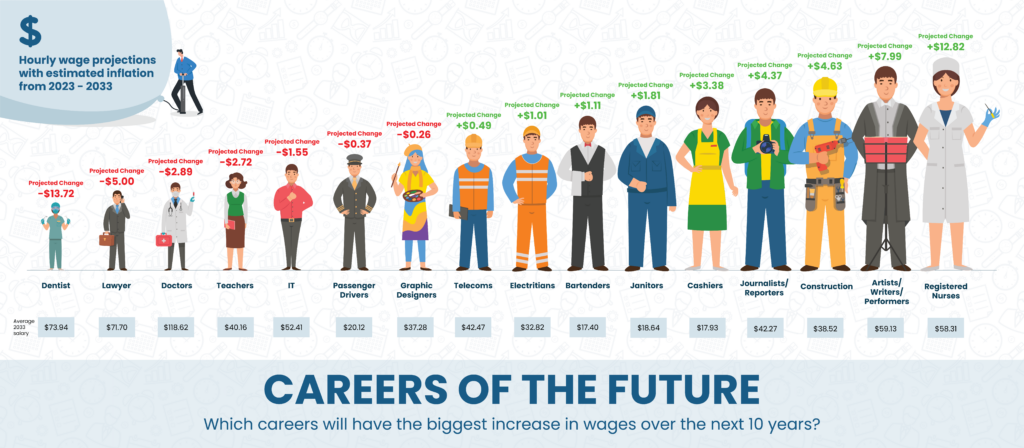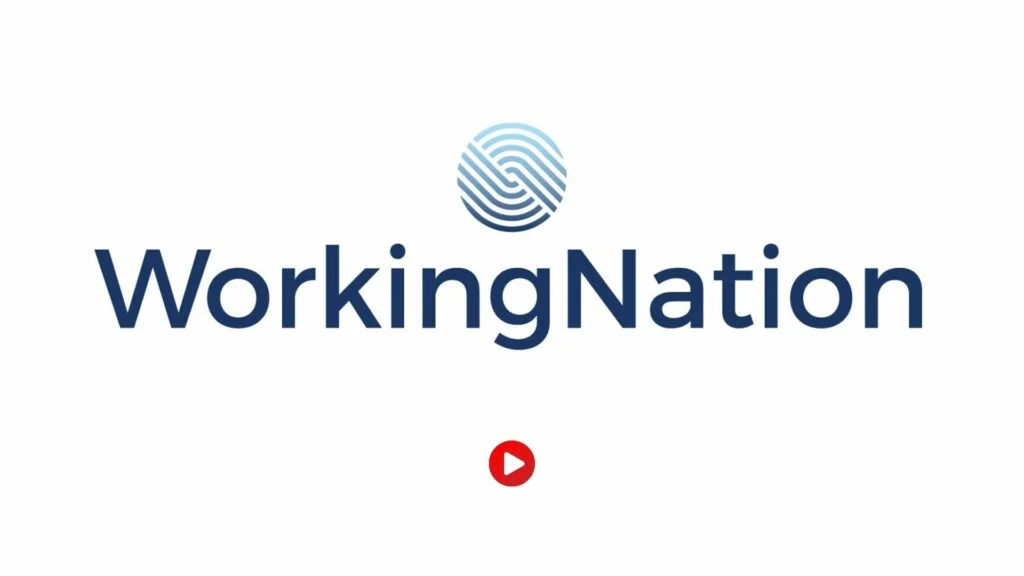This newsletter is part of the Times Opinion Giving Guide 2024. You can find more insights in a note from our editor, Kathleen Kingsbury.
For this year’s Giving Guide, I’m highlighting three organizations dedicated to bridging the gap for individuals transitioning from school, unemployment, or underemployment to fulfilling careers.
Earlier this year, I explored the struggles of college and graduate students navigating the daunting job market in a series of newsletters and a podcast. One graduate expressed their frustration, saying, “It feels like I am screaming into the void with each application I am filling out.”
You might wonder why philanthropy is needed in this area. Isn’t the free market supposed to handle this? After all, job seekers and employers both have strong financial incentives to connect. Yet, the reality often proves far more complicated.
Clearly, market forces alone don’t solve the problem. When I addressed this issue last spring, the unemployment rate was below 4 percent—a level Treasury Secretary Janet Yellen, a trained labor economist, described as a “high-pressure economy,” marked by strong demand and a tight labor market. Yet, the college students I interviewed were still struggling, with no interest in their job applications.
In economic terms, this challenge aligns with what Nobel laureate George Akerlof—who, incidentally, is Janet Yellen’s husband—described as a “lemons” problem. Hiring is a significant commitment, and employers often hesitate, fearing the new hire might not meet expectations, much like buying a used car with hidden issues. Nonprofits can step in by facilitating internships and connections that build employers’ confidence to take the chance.
One such organization, Education at Work, creates opportunities for college students through paid internships at major companies. Most of its university partners are in the Southwest, with key employers including Fidelity Investments, First Financial Bank, and Intuit. These companies often assist students with tuition and sometimes offer them full-time roles after graduation. Jane Swift, the organization’s president and a former acting governor of Massachusetts, highlighted that these internships “enhance prospects for a good first job and a career filled with purpose and passion” during an interview I conducted last spring.
I’d also like to highlight another nonprofit mentioned in that article: WorkingNation, founded by successful investor Art Bilger. Unlike service-oriented organizations, WorkingNation focuses on raising awareness. It creates videos and digital magazines addressing unemployment and promoting, as the organization puts it, “scalable solutions that can turn the American worker into an indispensable resource.” Its efforts extend beyond college students, targeting high school students, veterans, immigrants, and other groups in need of support.
My third recommendation is Jobs for the Future (JFF), a 41-year-old nonprofit operating across all 50 states. JFF works with employers and governments to create pathways to meaningful jobs for those without college degrees, including individuals who were formerly incarcerated. It’s a leader in skills-based hiring, focusing on what people know and can do rather than their educational credentials.
One challenge JFF addresses is the overwhelming number of more than a million non-degree credentials available. Employers and workers alike often struggle to identify which ones are truly valuable. As Maria Flynn, JFF’s president, explained to me, navigating this landscape is crucial for fostering effective hiring practices.
Flynn, who previously served in the Department of Labor under both Bush presidencies and Bill Clinton, leads an organization with broad bipartisan support. Even Donald Trump prioritized skills-based hiring during his first term, reinforcing its importance across political divides.
Streamlining the path to employment benefits employers as much as workers. Employers, especially smaller ones, need help identifying qualified candidates, while workers require guidance toward apprenticeships and similar opportunities. Organizations like JFF address both sides of this equation, but they need more support.
If you’re involved in hiring, recruitment, or corporate philanthropy, consider making JFF or similar organizations a priority for your resources. And if you’re an individual donor, even small contributions can make a big impact.
This newsletter is part of Times Opinion’s Giving Guide 2024. The author has no affiliation with the mentioned organizations. For more information, visit their websites directly. Times Opinion cannot assist with queries or facilitate donations.



